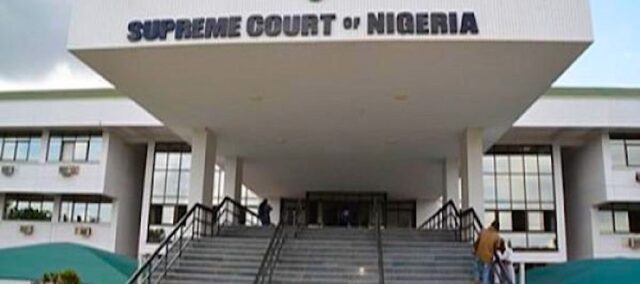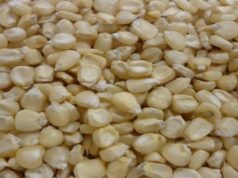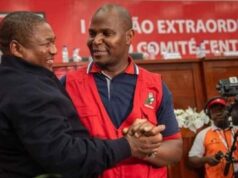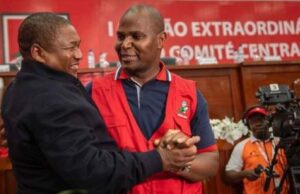
(3 minutes read)
Nigeria’s Supreme Court consisting of a panel of seven judges rejected appeals by two opposition candidates challenging the election of Bola Ahmed Tinubu in February’s presidential election
Nigeria’s Supreme Court consisting of a panel of seven judges rejected appeals by two opposition candidates challenging the election of Bola Ahmed Tinubu in February’s presidential election. This marks the end of the eight-month dispute. The candidates who filed the appeal against the decision of the lower appellate court in the apex court were Atiku Abubakar, who came second, and Peter Obi, who came third, and a debutant in the political space representing the Labour Party.
The seven-member bench said that it upheld the judgment of an appeal court in Abuja pronounced on September 6 legitimizing the election of Bola Ahmed Tinubu. The election was held on 25 February.
Controversy regarding presidential elections is not new to Nigeria. It had happened in the past as well. But the apex court, so far, has not reversed an election result. Bola Tinubu won February’s presidential election with 37 percent of the vote, beating People’s Democratic Party (PDP) candidate Atiku Abubakar (29 percent) and Labour Party (LP) candidate Peter Obi (25 percent). This year’s presidential elections went into the annals of history as the closest one since the margins were considerably narrowed down.
Read Also:
https://trendsnafrica.com/appeal-court-in-nigeria-upholds-president-tinubus-election/
Nearly 25 million Nigerians cast ballots in the election, which was largely peaceful, but was marred by delays in the vote count and major failures in the electronic transfer of results, leading voters and the opposition to denounce massive fraud. After the election, the Election Commission acknowledged that there were problems in the voting process, but said it had been free and fair.
Tinubu took office in May and has been rapidly implementing reforms that his government says will support the growth of Africa’s largest economy and attract more foreign investment. This is at a time when the government is also facing immense security challenges, including a jihadist insurgency in the northeast, criminal groups carrying out mass kidnappings in the northwest and center, and separatist agitation in the southeast.










